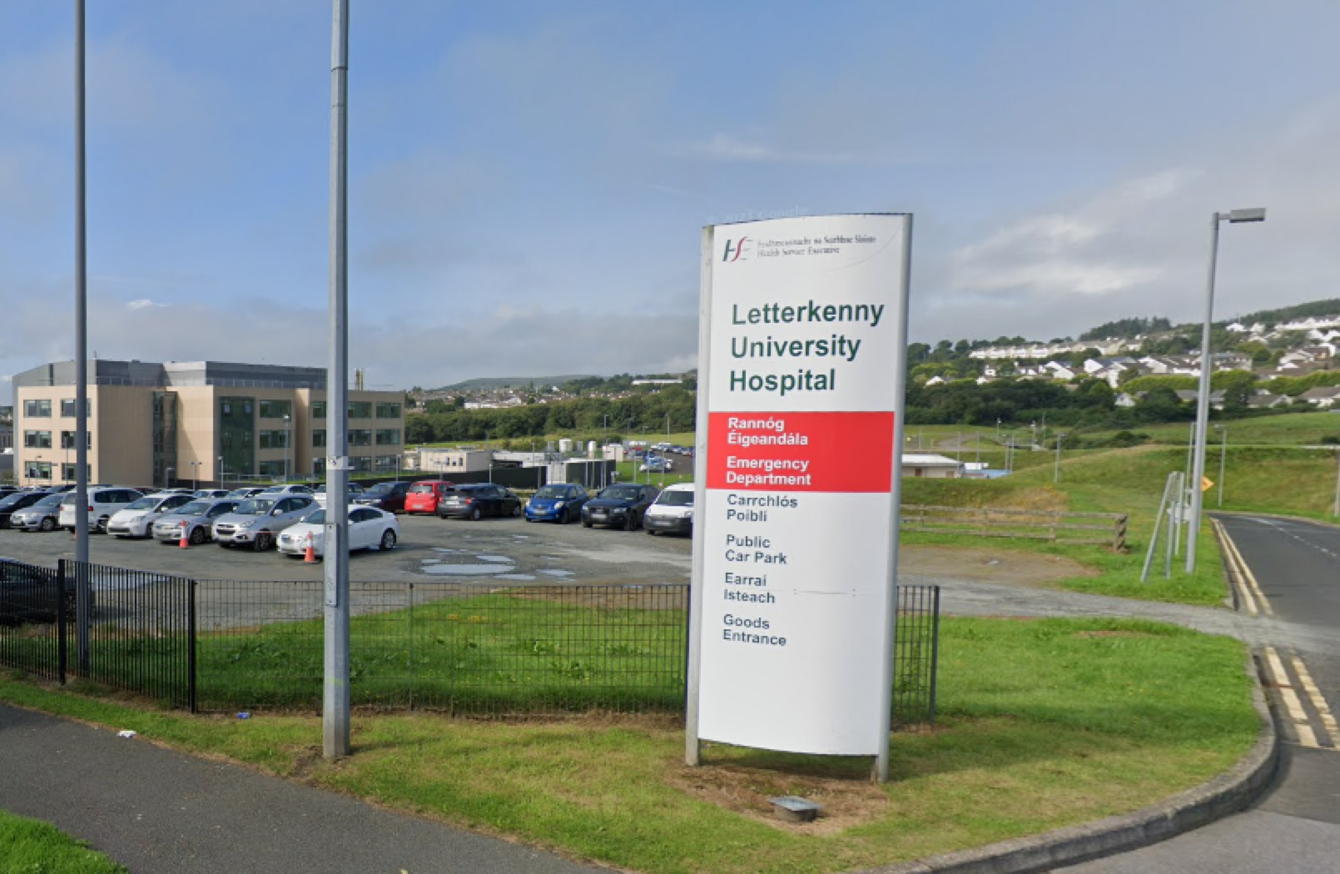Staff from the Acute Stroke Unit at Letterkenny University Hospital are urging the people of Donegal to be aware of the signs and symptoms of stroke and to seek medical attention if they develop any.
Symptoms of a stroke include numbness, weakness or drooping of face, weakness or numbness of arm and/or leg, difficulty speaking or slurring of words, loss of vision in one or both eyes and sudden difficulty in walking or problems with balance.
Dr Ashfaque Memon, Consultant Stroke Physician at LUH said: “Treatment of acute stroke is highly time-dependent and the quicker you get to hospital after you notice any symptoms, the more chances you have of a successful recovery.
“May is Stroke Awareness Month but we should make every day a day to be aware of stroke and the steps we can take to reduce our risk of stroke. About 80% of strokes are preventable and we can start today to improve our lifestyle and reduce the risk of stroke.
“These steps to reduce the risk of stroke include taking moderate physical exercise like going for a brisk walk; talking to your GP about monitoring your blood pressure, your cholesterol and checking for sings of diabetes. Another way to reduce your risk of stroke is to eat a healthy diet, reduce alcohol and reduce weight if need be. And as we always advise, if you are a smoker, please consider quitting.”
LUH opened the Acute Stroke Unit last April and have cared for more than 300 patients since. It is an 8 bed unit and is used to care for patients who have suffered from stroke, where they can get specialised care from a team that consists of a Stroke Consultant, a Stroke Registrar, a Stroke Specialist Nurse, nursing staff and a dedicated Physiotherapist, Occupational Therapist, Speech and Language Therapist and Dietitian.
Since the opening of the unit, the benefits for patients in terms of their clinical outcome and the way in which they are able to resume daily living after receiving care from the team in the hospital is significant.
If you notice any signs or symptoms of stroke, seek immediate attention by calling 999 or 112.








